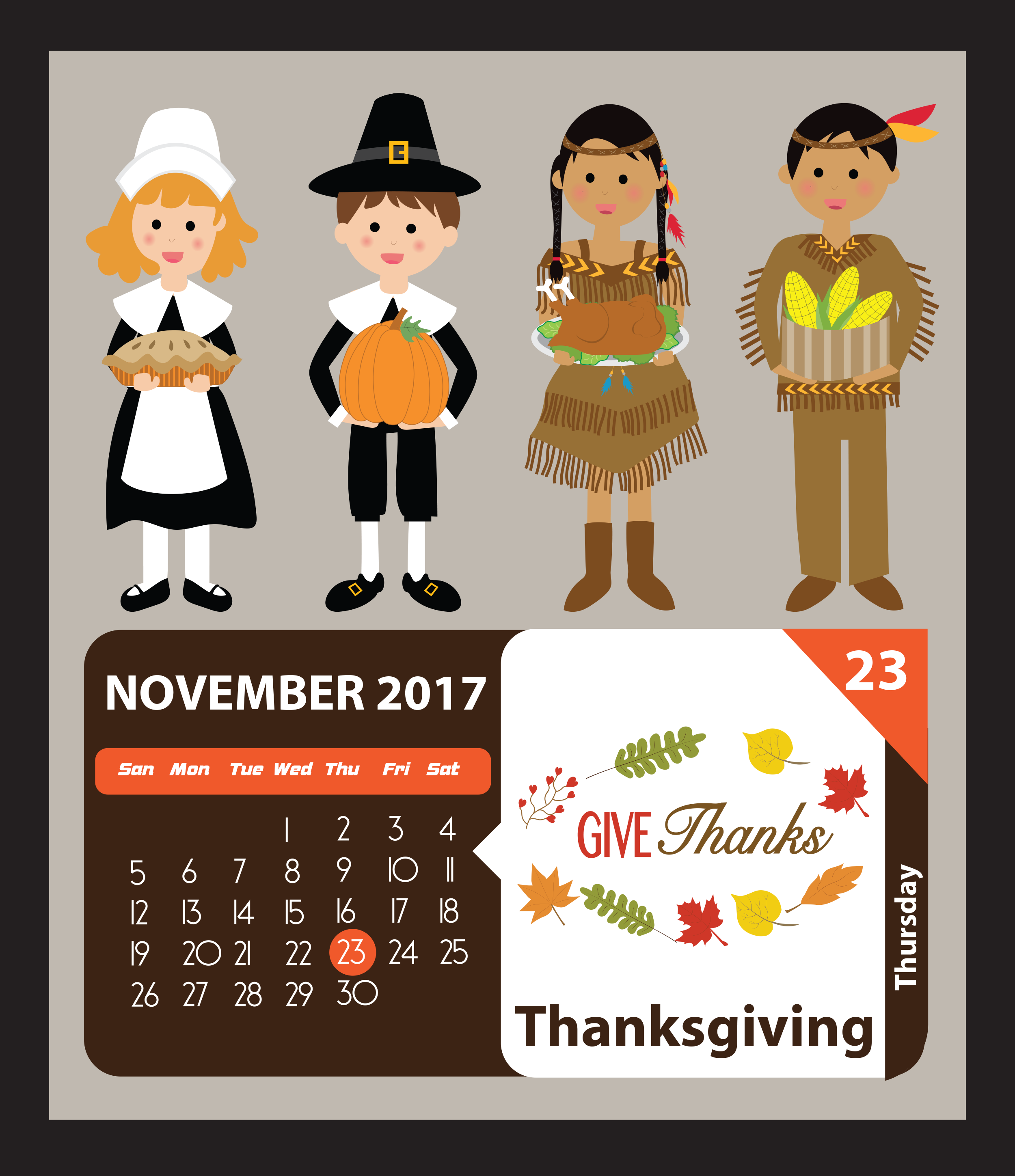We want to look at the root of the concept of “thanksgiving” in Hebrew. As it turns out, “thanksgiving” and “hand” go “hand in hand.” Here’s how: The Hebrew root for thanksgiving is ya-DAH . You’ll notice that the word for hand, yad, is found at the beginning of the word for thanksgiving. From a Hebraic perspective, giving thanks to God is literally to hold out the hand (to revere or worship with extended hands).
We should not sit on our hands when we thank God. Our outstretched hands – in worship – are ways in which we can say, “Thank you, Abba, for all You have done for us, especially for sending us Your Son, the Messiah, to set us free from the power of sin and death.”
Try saying these psalms aloud with your hands lifted and extended in worship: “O Lord my God, I will give thanks (yaDAH) to You forever” (Psalm 30:12). “I will give You thanks (yaDAH) in the great assembly” (Psalm 35:18).
“It is good to give thanks (yaDAH) to the Lord” (Psalm 92:1).
Another, more familiar word for thanksgiving, that comes from the root yaDAH is toe-DAH. Todah also includes the idea of extending the hand. Todah is the word used in Hebrew today for “thank you.” Toe-DAH ra-BAH means “Thank you very much.” “Toe-DAH, Abba” means “Thank You, Daddy” and is a phrase worth learning for use in your personal devotions.
We thank You, Daddy, for all of your wonderful blessings, for Your hand which is always extended to us. You are worthy of all of our praise!
From all of us at Jewish Jewels,
We are thankful for you, our dear partners.
May you be abundantly blessed this season.
May you be abundantly blessed this season.




You must be logged in to post a comment.